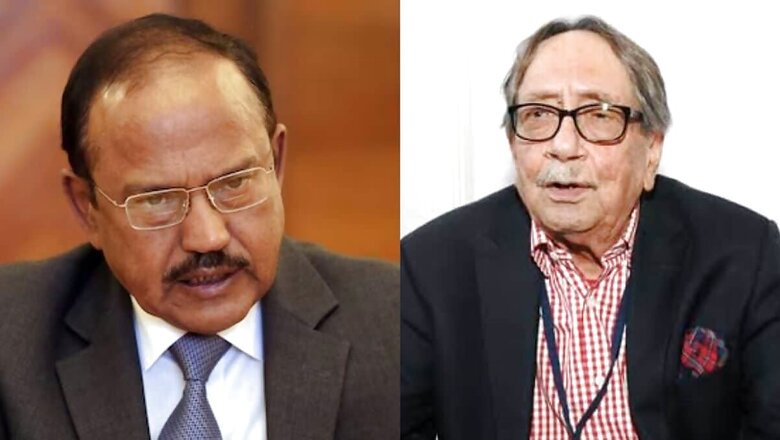
views
A gripping new web series, ‘IC 814: The Kandahar Hijack’, recently premiered on Netflix, shedding light on the 1999 hijacking of Indian Airlines flight IC 814. The series delves into the harrowing events and the roles played by intelligence agencies during the crisis.
In his autobiography, ‘A Life in the Shadows: A Memoir’, AS Dulat, the then chief of the Research and Analysis Wing (RAW), provides an in-depth account of the hijacking. Dulat wrote that on December 24, 1999, as flight IC 814 from Kathmandu approached New Delhi, masked terrorists commandeered the aircraft. They initially directed the plane’s captain, Devi Sharan, to Lahore, but due to fuel concerns, the plane was diverted to Amritsar for refueling. After refueling, the plane was flown to Lahore, then Dubai, and eventually to Kandahar.
In his account, AS Dulat described the complexities faced during the 1999 IC 814 hijacking when the Taliban controlled Afghanistan and India had limited engagement with them. The Cabinet Committee on Security (CCS) resolved to send a team to Kandahar to address the hijackers’ demands for the release of terrorists such as Masood Azhar.
NSA Brijesh Mishra had directed Dulat to assemble a team, considering officers CD Sahay and Anand Arni, who had experience in Afghanistan. However, then IB chief Shyamal Dutta proposed including Ajit Doval and Nishal Sandhu, with Foreign Ministry joint secretary Vivek Katju also joining the team.
Former RAW chief Dulat also recounted that upon the negotiation team’s arrival, Ajit Doval contacted him, asking him to make a quick decision. There was immense pressure and who knew what might happen, he had said, adding that the hijackers threatened to take off with the plane if a decision wasn’t made soon.
Dulat further recounted that while the decision to release terrorists in exchange for the IC 814 was undoubtedly contentious, it was driven by the urgent need to save the lives of 160 passengers. The choice was anything but straightforward.
Former deputy PM LK Advani, however, opposed to negotiating with the terrorists. Ajit Doval, too, shared this sentiment but was caught in a situation demanding a swift resolution. Farooq Abdullah, the then Chief Minister of Jammu and Kashmir, was also firmly against the release of terrorists under any circumstances.
On the morning of 30 December 1999, Ajit Doval reached out to Dulat again, expressing the dire situation. “It is very difficult to live here. Now these people are threatening us. I don’t know what they will do to the passengers and us…,’ Doval said. Ultimately, the Centre, led by former Prime Minister Atal Bihari Vajpayee, had no choice but to accede to the terrorists’ demands.
This resulted in the release of Jaish-e-Mohammed founder and chief Maulana Masood Azhar, Ahmed Zargar, and Sheikh Ahmed Umar. The then Foreign Minister, Jaswant Singh, escorted these terrorists to Kandahar, bringing an end to the hijack.










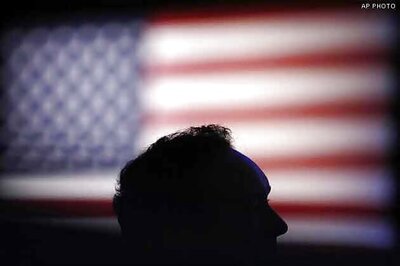
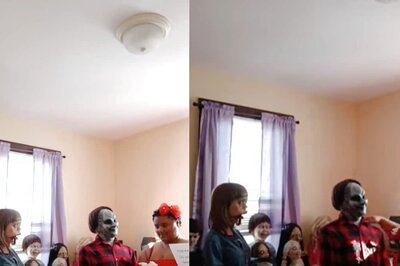
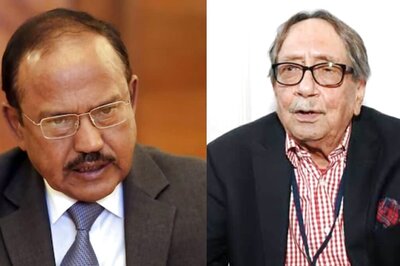
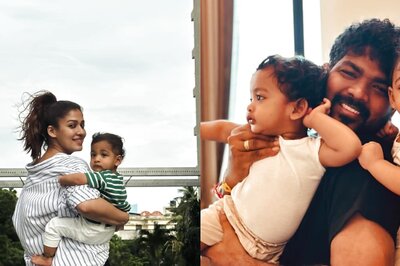
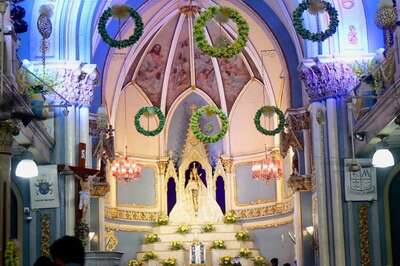
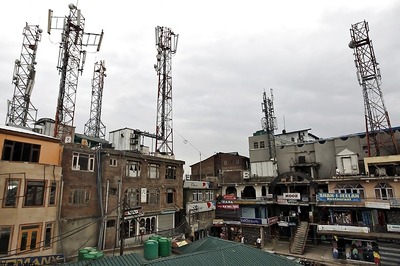

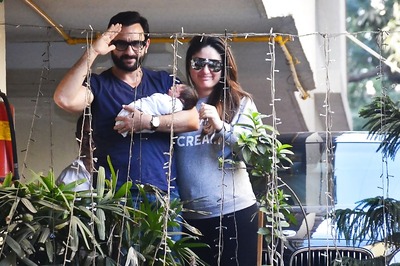

Comments
0 comment